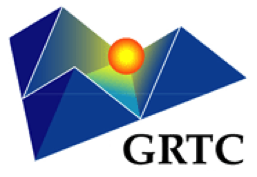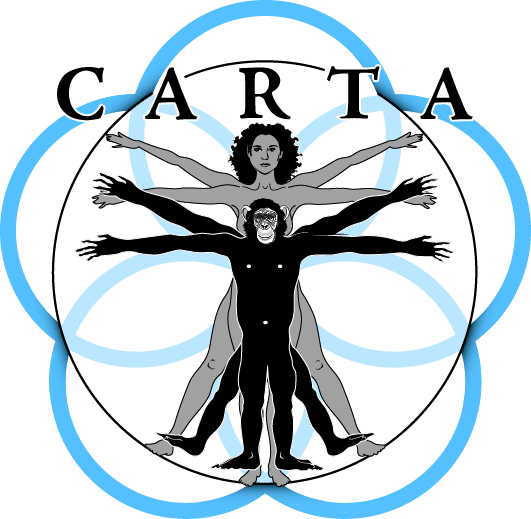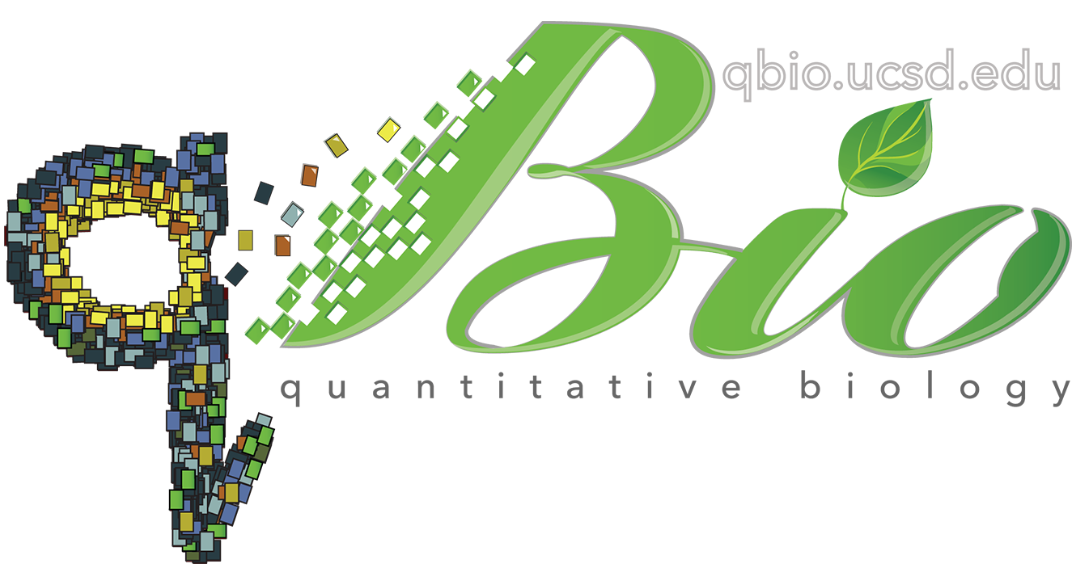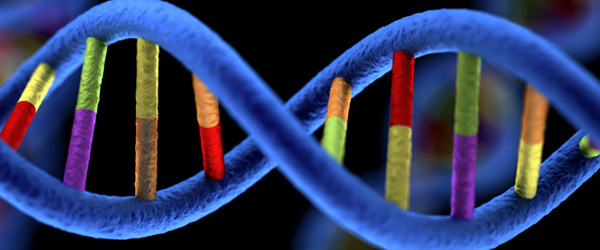-

Faculty contact: Jeffrey D. Esko (jesko@ucsd.edu)
The Glycobiology cross-disciplinary area provides training in both classic and modern glycobiology. The purpose of the training program is to facilitate education and research in the biology and chemistry of glycans, in particular those present on macromolecules. Training in glycobiology builds on biochemical and cell biological principles developed in the core curriculum. Additional specialized training includes two courses, one entitled Introduction to Glycoscience (currently CHEM 259) and the other, Advanced Glycobiology (BIOM 222/MED 225/CHEM 237/BGGN 236/CMM 225). Together these courses provide a current overview of fundamental facts, concepts, and methods in the Glycosciences. These courses are supported by the first textbook in the field (Essentials of Glycobiology) co-authored by several members of the Biomedical Sciences program. Students also participate in Current Literature in Glycobiology (BIOM 246/MED 246/ CMM 246), which provides a forum for discussing current papers in glycobiology research. The Glycobiology focus area co-sponsors seminars with the Department of Cellular and Molecular Medicine, the Sanford-Burnham Medical Research Institute, and the Scripps Research Institute. Students are invited to participate in the annual San Diego Glycobiology Symposium, which brings together all of the laboratories that have an interest in glycobiology from the San Diego area, the University of California system, other universities in the state, and members of the biotech community. Faculty interested in glycobiology belong to the Glycobiology Research and Training Program (GRTC) which draws from multiple programs in the La Jolla area and other UC campuses to facilitate training and research.
-

The "Faculty of Anthropogeny," which includes CARTA members and local experts, offers a transdisciplinary Graduate Specialization in Anthropogeny. It provides graduate students from within a variety of participating UCSD PhD programs the opportunity to obtain a parenthetical degree in research and education on explaining the human phenomenon. The goal is to provide a broad and explicitly transdisciplinary approach spanning the social and natural sciences by focusing on one of the oldest questions of humankind, namely, the origins of humans and humanity.
-

qBio (Quantitative Biology) is the power of math-based reasoning and advanced instrumentation from physics and engineering harnessed to discover fundamental principles of living systems.
To make biology quantitative and predictive, it is necessary to draw upon a multitude of approaches from the physical sciences and engineering. These include theoretical concepts developed from studies in statistical mechanics and nonlinear dynamics, and experimental methods such as microfluidics and advanced imaging. Therefore the goal of the qBio graduate program at UCSD is to provide the students with a mastery of both the theoretical knowledge and experimental skills, and guide them to employ both approaches to address fundamental biological problems during their thesis research.
-

The Interfaces Graduate Training Program at UCSD was established to bring together faculty and students from the biological, engineering, physical and health sciences in 2005. Our program provides unique interdisciplinary graduate training at the interfaces between the biological, health, physical and engineering sciences. The training program has been made possible with the support of grants from the Howard Hughes Medical Institute (HHMI) and the National Institute for Biomedical Imaging and Bioengineering (NIBIB) at NIH.
The program's goals are:
1. Focused Collaboration across participating degree program at UCSD to train a new generation of cross-disciplinary scientist.
2. State-of-the-art Interdisciplinary Training through a technology-centered hands-on graduate laboratory course curriculum.
3. Novel Emphasis on Research aimed at integrative and quantitative analysis across multiple scales of biological organization from molecule to organism in health and disease.
The four cross-disciplinary training centers are UCSD-affiliated research and training programs that emphasize particular strengths of the UCSD campus.
